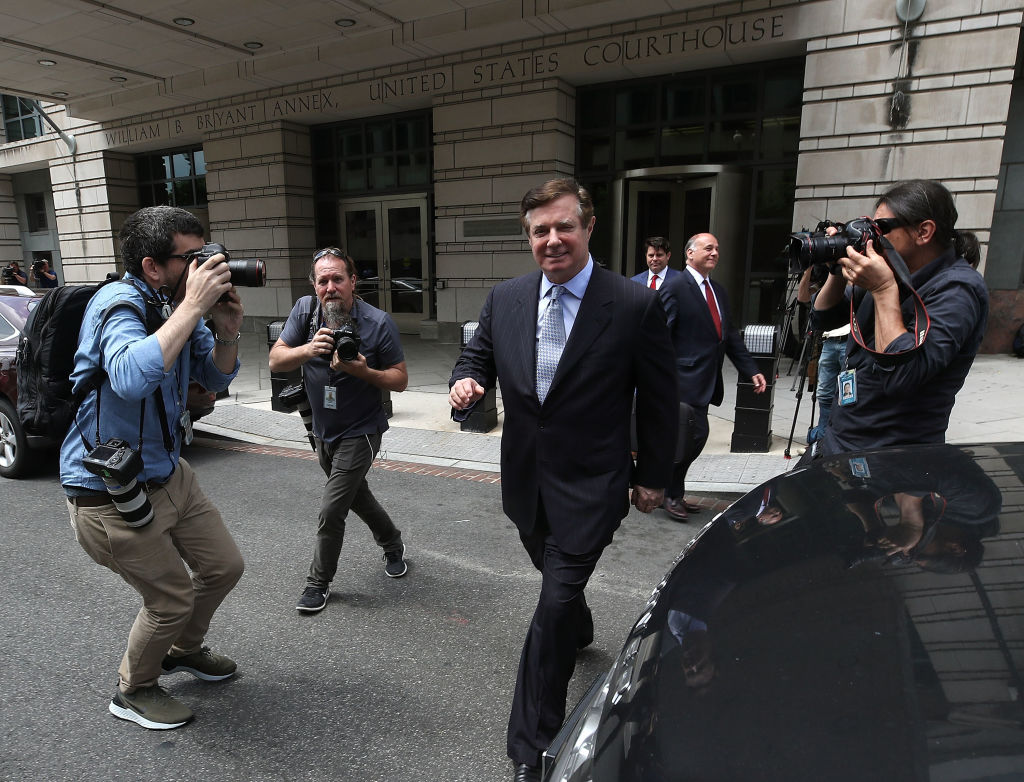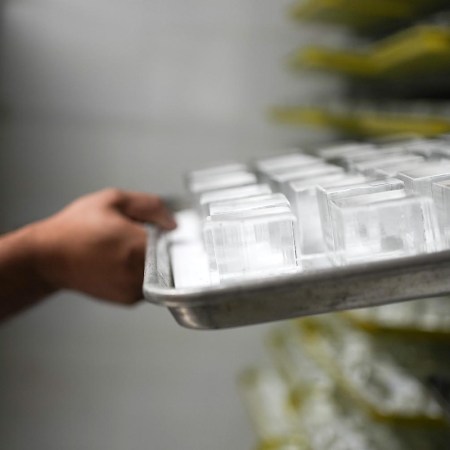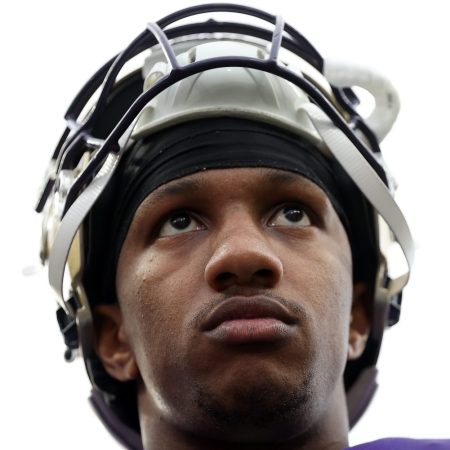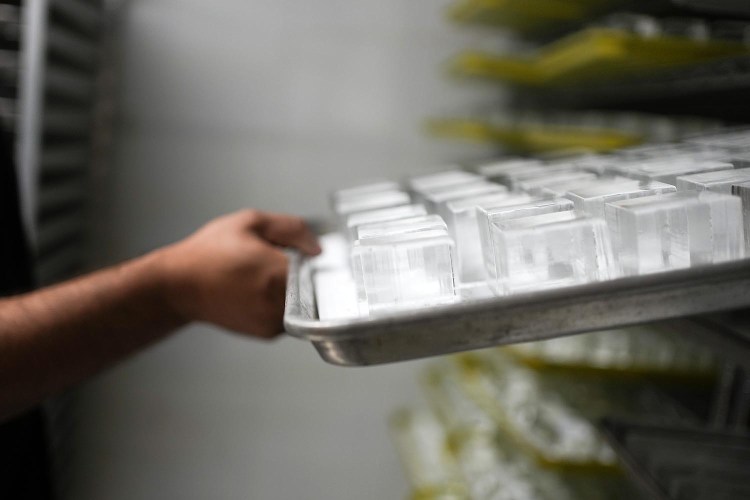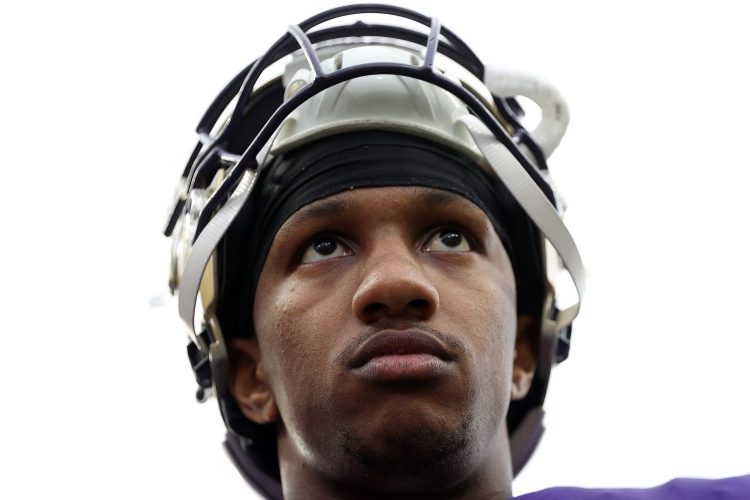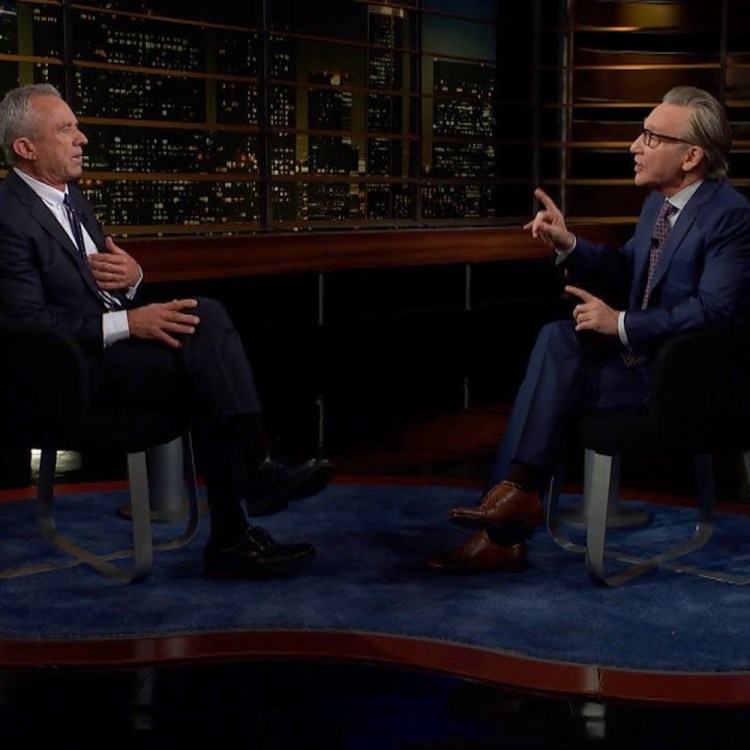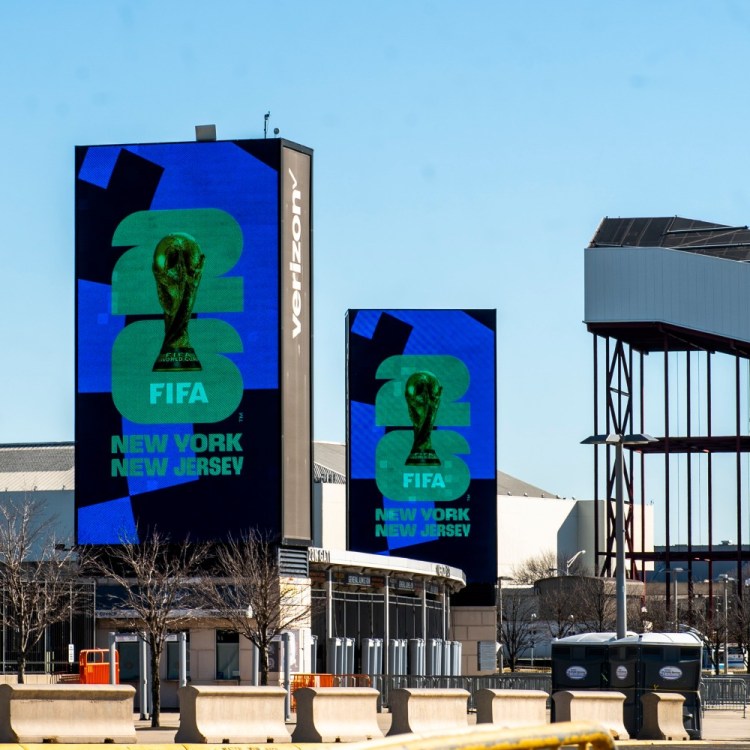Even if Paul Manafort turns out to be guilty, let’s agree on this. Political trials are bad for our democracy.
A “political trial” is any trial in which the prosecution is unusually severe because the defendant participates in the political process, or because the defendant has a friend, associate or family member who participates in the political process. The extra severity may be that the person is prosecuted at all, or prosecuted under an unusual or newly created theory. It may be that the defendant is pursued by especially aggressive prosecutorial attack squads or is threatened with a far greater punishment than for the same crime without a political link. In a political trial, the defendant’s nexus to the greater political system leads to harsher justice than for an average citizen who stays in the foxhole of private life and leaves control of politics and government to others.
The harms from political trials are obvious.
First, the trials are unfair to the defendant. No individual should be singled out for harsher treatment due to the prosecutor’s prejudices: racial, religious, ethnic, economic, or political. The place to fight political battles is in the election booth, not the criminal court.
Second, political prosecutions ultimately undercut the public’s respect for the judicial system. Prosecutors are seen as biased, and justice is no longer blind.
Third, good people are discouraged from participating in the political process as politics becomes a blood sport, and as unwarranted jail time, personal destruction and family destruction become realistic fears.
Fourth, political trials tie our government into knots and distract our government from the job it is supposed to do.
Fifth, political trials tear public peace apart and divide us as a citizenry.
Sixth, political trials can make our nation appear divided and weak, and so lead other nations to challenge us, or refuse to settle and negotiate with us.
Seventh, in the extreme case, political trials can delegitimize the elected government, or overturn democratically determined election results. That is, they can override democracy itself.
The use of political trials is well documented across history: the Senate prosecutions of ancient Rome, the English Star Chamber, the “Stab in the Back” hearings of Weimar Germany, the Joe McCarthy Communist hearings.
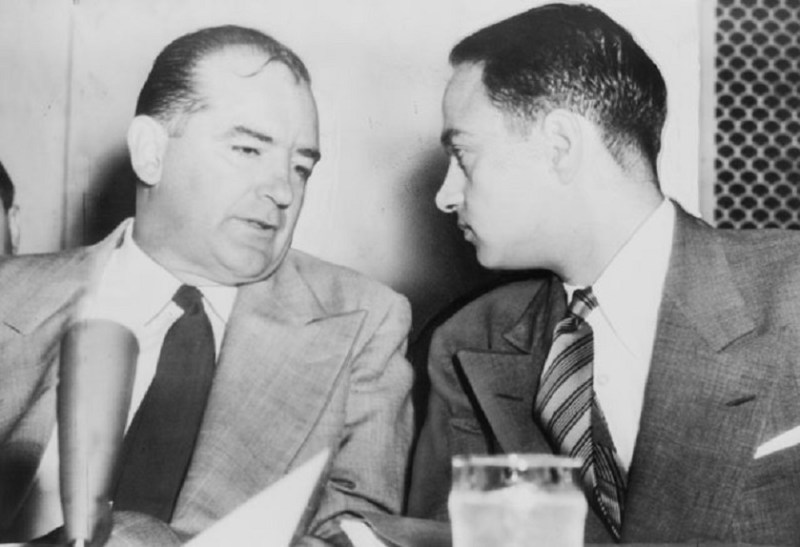
The issue is not whether any man is above the law. It is whether any man is below the law; whether any individual should be treated more severely by our legal system because of extralegal considerations, such as party affiliation and public policy opinions.
Importantly, political trials can be unjust and harmful even where some underlying infraction actually exists. For example, if a racist cop in 1963 Alabama pulls over a civil rights leader and jails him for a broken car tail light, the tail light may in fact be broken. However, the prosecution is still excessive and driven by political reasons. Similarly, if a third world dictator prosecutes “corruption” in his country, but only against his political opponents, there is still political overreach and abuse even when evidence of some infraction is found.
It is the disproportionate nature of the prosecutor’s response — not the defendant’s absolute purity of soul — that marks most political trials. And while crimes should be prosecuted, they should be prosecuted in a blind, even-handed and consistent way, without wild spikes of prosecutorial aggression or extralegal factors. Otherwise, law is no longer “Law” at all.
The risks of political trials are particularly high when special prosecutors are used, and therefore, a particularly high level of public scrutiny and procedural protection need to be instituted in these cases.
Special prosecutors as individuals may be some of our finest and most honorable citizens. For example, my first Constitutional Law professor at law school was Archibald Cox, the Watergate Special Prosecutor. He was an outstanding person by all accounts, and he remains one of the heroes of my youth. Other special prosecutors like Ken Starr and Bob Mueller may also be very fine and ethical people.
However, the Special Prosecutors effort — as a bureaucratic reality and concept — has been problematic for over 140 years, since Ulysses S. Grant appointed (and fired) the first federal special prosecutor in 1875. There are flaws embedded in the structure of special prosecutions themselves.
First, to a hammer, everything is a nail.
Prosecutors in the regular order have many, many crimes and perpetrators to choose from, and no particular pressure to pursue one more harshly than another. There is no incentive to make mountains out of molehills because there are so many mountains from which to choose.
Special prosecutor teams, in contrast, have very visibly sacrificed the comforts and rewards of private life and private careers, in order to work night and day to convict wrongdoers, even as the entire nation is watching. Therefore, they have a strong internal bias to find a “wrongdoer”. No prosecutor became famous for not catching anyone.
Second, a special prosecutors’ office is more likely to develop an “our team” vs “their team” mentality, and this can further bias their judgement.
One of the interesting sidelights of the ongoing Supreme Court confirmation process for Brett Kavanagh is the light it has shed on the special prosecution against Bill Clinton, where Kavanaugh was a young member of Ken Starr’s team. The New York Times (in its August 4, 2018 article, “The Partisan Battle Brett Kavanagh Now Regrets”) describes “the fierce war” between Starr’s forces and Clinton’s forces, and quotes one Starr team member as saying “…The more the attacks came — what we perceived to be unfair attacks — it was human nature [to dislike Clinton]. This guy just is not acting presidential.” The Times article goes on to say, “Mr. Starr and his lawyers grew obsessed …” and quotes people who call the prosecution “a crusade” and a “mania”… “The partisan nature of the inquiry attracted people with a partisan view…”. At one point in the battle, it appears the Special Prosecutors’ office considered demanding not just Clinton’s admission of perjury but Clinton’s apologies to the Special Prosecutors themselves! This “bull vs. cape” mentality — this “Ahab vs. Moby Dick” mindset – is not unique to the Starr office. It is inherent in human nature and the isolated tribal nature of a special prosecutor’s office itself.
The third structural problem with Special Prosecutor offices is that there is no effective mechanism to control them. Theoretically, the President and his administration retain the power to fire the Special Prosecutor. But, in practical reality, if the President or his administration are seen as the Prosecutor’s ultimate target, then a presidential firing decision is seen as toxically self-interested and politically off limits. In a worst case, the decision to fire the special prosecutor could itself become a reason for impeachment. A “Catch 22” is created for the President, where actions taken to prevent unfair prosecution can themselves create prosecution.
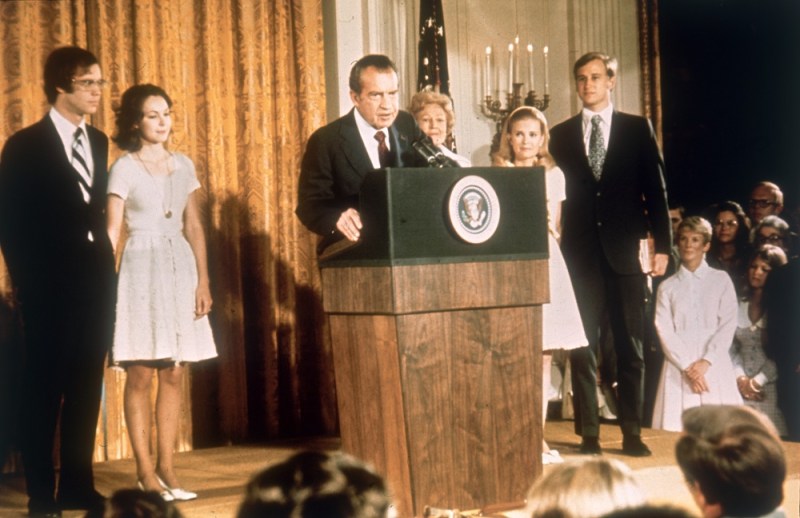
There has been one widely praised special prosecution in the past fifty years: the Watergate special prosecution. However, Watergate was highly distinguishable from many of the other special prosecution efforts that came before or since.
First, the Watergate special prosecutor was appointed late in the process, when, as lawyers say, the issue was “ripe for adjudication”.
Watergate began on June 17, 1972 with an ACTUAL crime, not a suspected one, as burglars were arrested for a break-in at the Democratic National Committee offices. By June 19, 1972, the press had reported that at least one of the arrested burglars, James McCord, worked for the Republican Party. More links to the Committee to Reelect the President were quickly found.
Prosecution was initially allowed to proceed in the regular order, however, without special prosecutors. There was a grand jury indictment in September 1972, followed by a trial before District Judge John Sirica. More and more facts came to light tying the burglary and its cover-up to Nixon’s team, and in February 1973, a bipartisan Senate voted 77-0 to begin its own investigation, leading to the Ervin committee and the famous televised Watergate hearings that summer. In March 1973, McCord wrote a letter to Sirica claiming there had been perjury in his trial and a cover-up to protect Nixon’s campaign. In April 1973, Nixon fired Haldeman, Erlichman, John Dean and Attorney General Kleindienst, and FBI Director Patrick Gray resigned under a cloud. And it was only in May 1973 — after all this and with the bipartisan U.S. Senate still in hot pursuit — that the new Attorney General Elliot Richardson appointed Cox as the first special prosecutor in the Watergate matter.
Watergate was in no way a fishing expedition, or an open invitation for special prosecutors to look for a matter to prosecute. Furthermore, the Watergate special prosecutors kept their focus on the important issues before them, and did not veer off to pursue small extraneous matters unrelated to the central issue of the break-in and cover-up itself.
In contrast, the current Russiagate special prosecution has strayed very far afield from the central issue of alleged Trump-Russia collusion in the 2016 presidential election. Last week, for example, the Special Prosecutors focused their maximum energy — and the attention of the world — on whether Paul Manafort reported Airbnb rentals on his home mortgage application in the year before he worked for Trump. This hardly seems like epic crime, yet Manafort has already been imprisoned in solitary confinement on this and related charges.
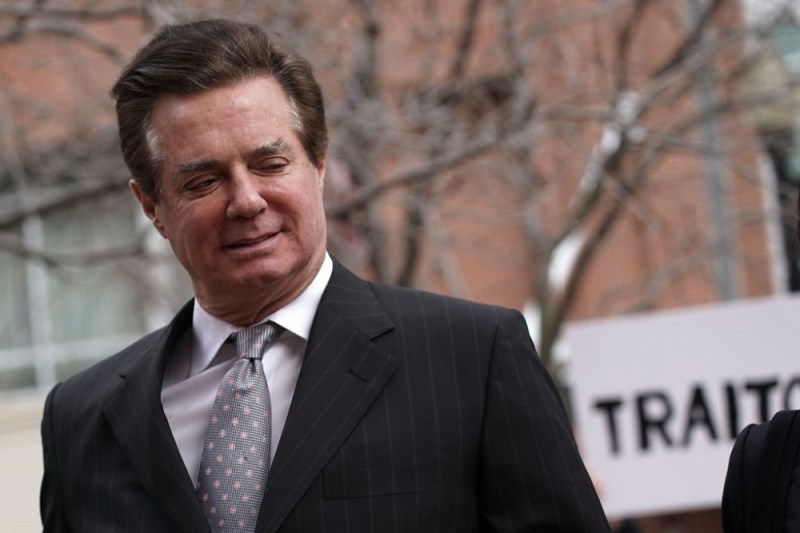
Soon, Manafort will face a second criminal trial for failing to fill out Foreign Agents Registration Act (“FARA”) forms, a law which began in the 1930s to catch secret Nazi propagandists and which has almost never been applied for criminal prosecution as it is being applied against Manafort now. According to Politico, “It has been an open secret that many U.S. advisers and influence-peddlers working for foreign government entities have not registered under FARA…One reason is that the Department of Justice’s FARA Registration Unit has abided by its own written policies. DOJ and the purported wrongdoer would engage in a lengthy back-and-forth, usually resulting in retroactive filings — but well short of formal criminal enforcement action.” There have only been eight FARA indictments since 1966.
Let’s be clear. Paul Manafort is not a hero of mine. He has had a bad personal reputation for a long time, even in Republican circles, and SPY magazine ranked his lobbying firm as “the sleaziest of all in the Beltway” all the way back in 1992. Still, does anyone really believe Manafort would be in solitary confinement today if he had stayed out of the 2016 presidential campaign? Is justice being applied blindly and evenhandedly?
Mike Flynn, the President’s incoming National Security Advisor, was also pursued under a highly unusual theory: the Logan Act, which is intended to limit individual interference in government foreign affairs, and which has never been applied to surveil or prosecute a President-elect’s own foreign policy advisors as they prepare for inauguration day. Flynn eventually pleaded guilty to a single count of making false statements about a meeting he had with the Russian ambassador to the U.S., even though the FBI agents who interviewed Flynn apparently believed he hadn’t lied. The meeting between Flynn and the Russian ambassador was itself lawful and proper, and the FBI already had a recording of the meeting before interviewing Flynn, so there was no reason to quiz him at all except to trap him in an inconsistency. Before Flynn pled guilty, he was reportedly threatened with massive amounts of jail time under “creative” theories such as the FARA prosecution theory now being used against Manafort. Flynn’s son also faced criminal charges if Flynn had refused to plead guilty, and Flynn’s legal costs to defend himself would have been ruinous. None of this give citizens a warm feeling of calm justice and fair treatment for all.
Trump and his aides are highly unpopular with many people, but even those who detest Trump should want strict prosecution controls in place, now and in the future. It is always true that the worst people (i.e., the criminals) benefit most from criminal due process. However, by protecting procedural fairness in every case, good people can be sure of having those same rights and protections for themselves should they ever “speak truth to power” — or face an unfair and oppressive government.
Some common sense ground rules for special prosecutions seem clear:
* Special prosecutors should not be used if regular prosecutors could suffice.
* Special prosecutors should not be appointed until the matter is “ripe” and
until the issue to be prosecuted is clear and well defined.
* Special prosecutors should limit their activities to the central issues of their prosecution.
* Special prosecutors should not rely on, or create, novel or non-traditional legal theories.
* Special prosecutors should not threaten penalties that far exceed the penalties commonly imposed for the same crime.
If the President appears too self-interested to fire a special prosecutor himself, it may be wise to allow the President to establish an independent monitor over the special prosecutors (such as the Senate Judiciary Committee), and the President might act on the advice of that body.
There is an inherent risk to our democracy whenever we allow unelected bodies of special prosecutors to pursue unknown crimes and novel theories against political actors. The procedural safeguards suggested could help lead to better results.
K.S. Bruce writes the “In This Corner” column of opinion for RealClearLife.
This article was featured in the InsideHook newsletter. Sign up now.
